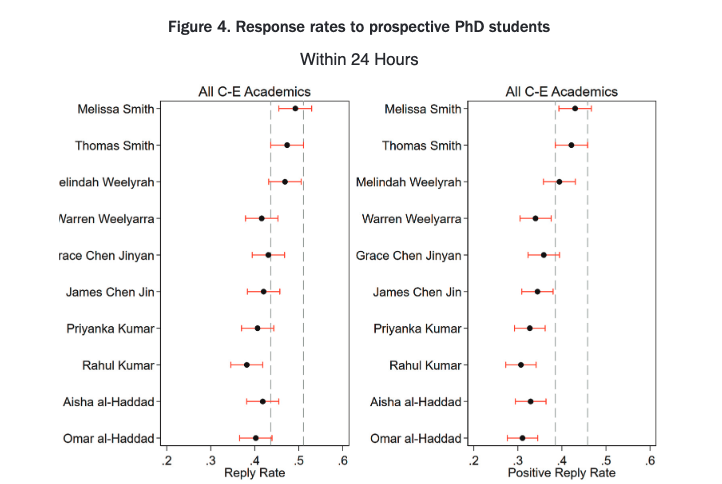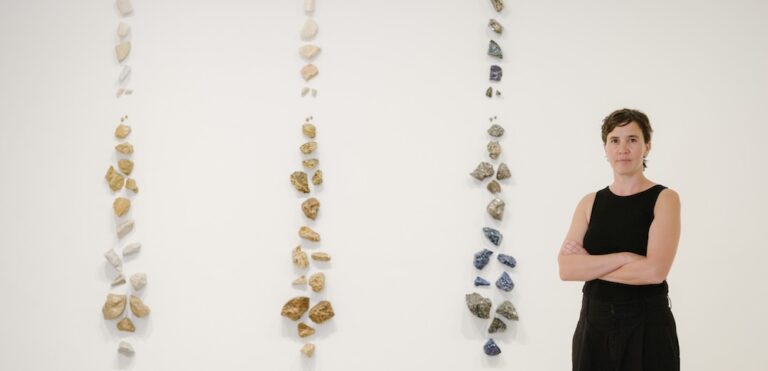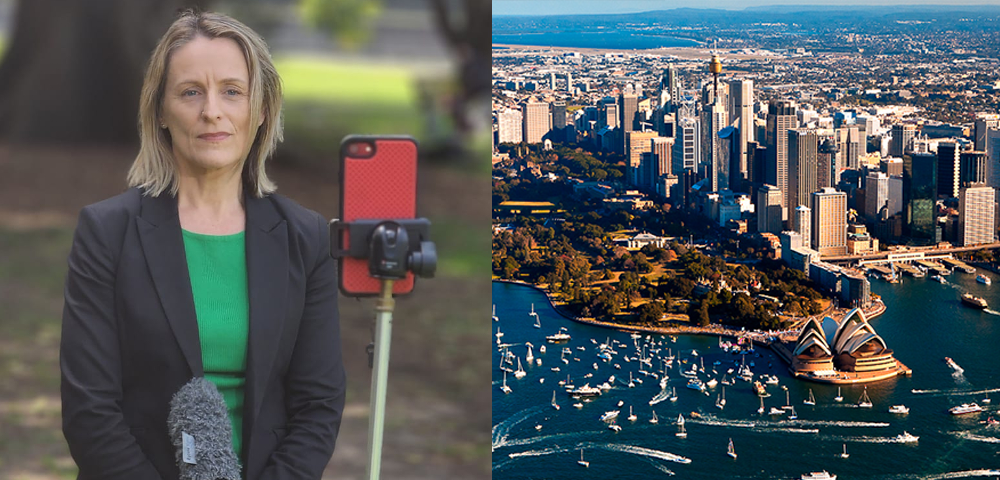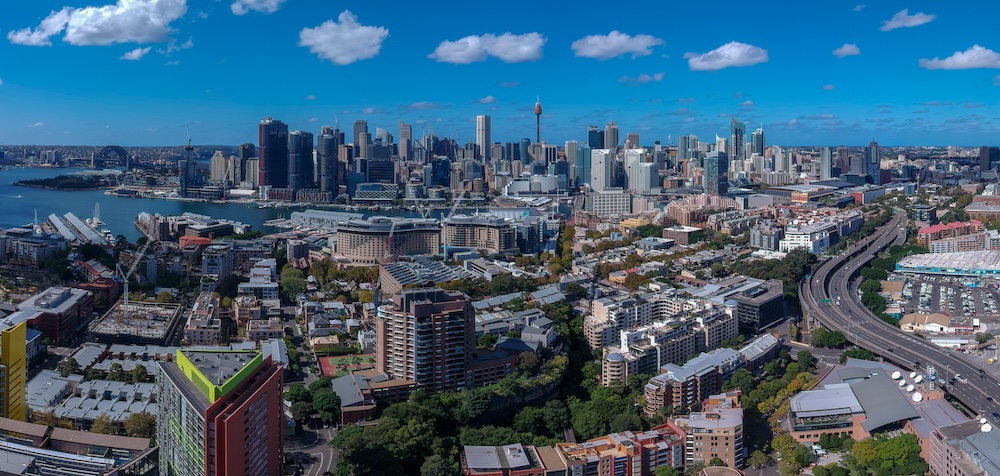
Staff From Top Australian Universities Furious Over Fake Emails in Racial Bias Study

A study revealing racial bias among academics and faculty staff of top Australian universities has sparked outrage, with many faculty members feeling that researchers used deceptive tactics by sending fake emails to nearly 7,000 professors across Australia.
Researchers sent approximately 7000 emails from fictitious students to academics at Australia’s top research universities, known as the Group of Eight in 2017 to investigate whether racism affects access to PhD programs.
The institutions included the Australian National University, Monash University, University of Adelaide, University of New South Wales, University of Melbourne, University of Sydney, University of Western Australia, and University of Queensland.
Examining Racial Bias in Academia
The study, “Racial Bias in Academia: An Audit Experiment Revealing Disparities in Faculty Responses to Prospective Students”, targeted faculty ranked senior lecturer or above, as they are most likely to supervise PhD students.
Academics were identified through university websites, and emails were sent to all who met the rank criteria across various disciplines.
The emails were composed in clear English, indicating that the student had completed studies in Australia, and were sent from a Sydney University email address.
The findings revealed that 70% of relevant academics were male and 84% were white, with over 68% of professors being white men.
Emails from “Melissa Smith” received significantly more positive responses than identical emails from “Grace Chen Jinyan” (six percentage points lower) or “Omar al-Haddad” (nine percentage points lower).
The most notable difference was a 12 percentage point gap between responses to Melissa and “Rahul Kumar.”
Overall, the analysis indicated that white-sounding names had a 7% higher reply rate and a 9% higher positive response rate than non-white sounding names, with these differences being statistically significant. The study noted that while some faculty may have been unable to respond, the randomisation suggested that bias likely accounted for the disparities in responses.

Study Faces Backlash From Academics
However, the study’s follow-up email, informing academics that they had been part of a research study, a step required by ethics protocols, sparked immediate backlash.
Figure 4, titled “Response Rates to Prospective PhD Students,” shows that Australian academics exhibit racial bias in their responses, with emails from non-White names receiving fewer replies and more declines, particularly notable for Indigenous male names.
According to the study’s authors’, while there is a slight pro-female bias in responses across racial categories, the dominant difference lies between White and non-White names, affirming the need to measure both response rates and the nature of replies to capture the full extent of bias.
The University of Sydney, the researchers’ home institution at the time, received over 500 inquiries following the study. The majority of inquiries were complaints about the use of deception, despite it being a well-researched method for studying bias.
The authors reported lost friendships and threats to their careers, particularly Professor Megan MacKenzie, then a senior lecturer, who faced severe backlash.
Although the university conducted both internal and external reviews and confirmed adherence to ethics protocols, the authors emphasised that the reaction was revealing.
Insights from Authors on Racial Bias and Its Implications
Two of the study’s authors, Professor Megan MacKenzie and Professor Benjamin E. Goldsmith, argued that the defensive reaction highlighted existing research on the defensiveness of racial majorities in the face of bias allegations.
They referenced previous studies, including one titled “Measuring White Fragility,” which used data from the 2018 Survey of White Fragility, a longitudinal sample of 279 non-Hispanic white undergraduate students aged 18 and over at two large public universities in the southeastern and southwestern United States. southeastern and southwestern United States.
The study, modelled after a similar U.S. experiment, included colleagues, managers, and even the dean as participants.
In an interview with The Sydney Morning Herald Professor MacKenzie reflected on the personal impact of the study, stating, “I lost a couple of friends and there were professional colleagues where it had a cooling effect for our relationship.”
Professor MacKenzie emphasised the need for universities to collect and publish better data on staff and student diversity to address inequalities, noting that “students don’t make it into academia because of bias or lack of support” and can make them feel alienated at university.
“Higher education is a really important means of upward mobility for many communities, so it’s important that everyone feels like they are welcome, and it’s a place for them,” Professor MacKenzie told SMH.









